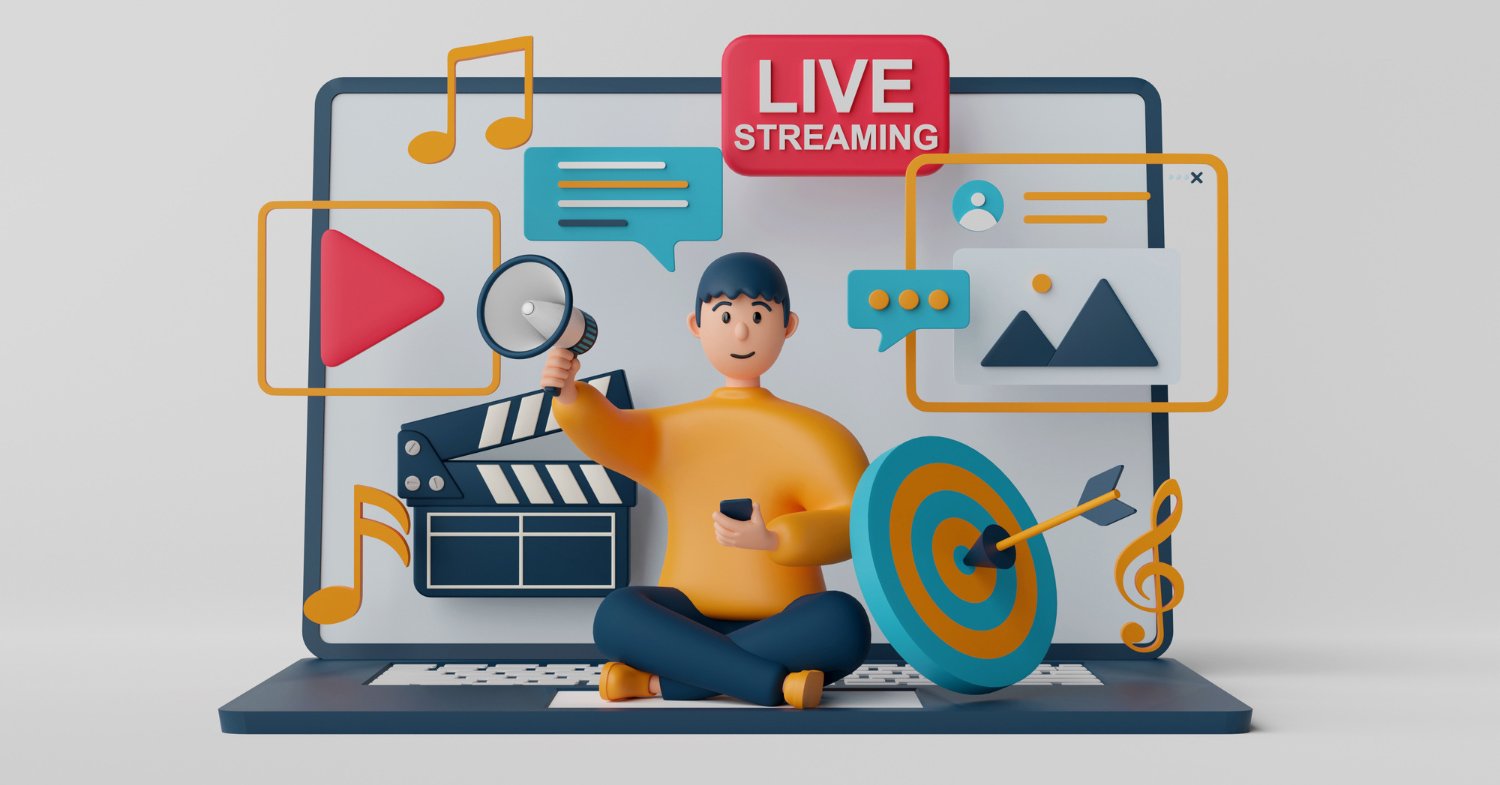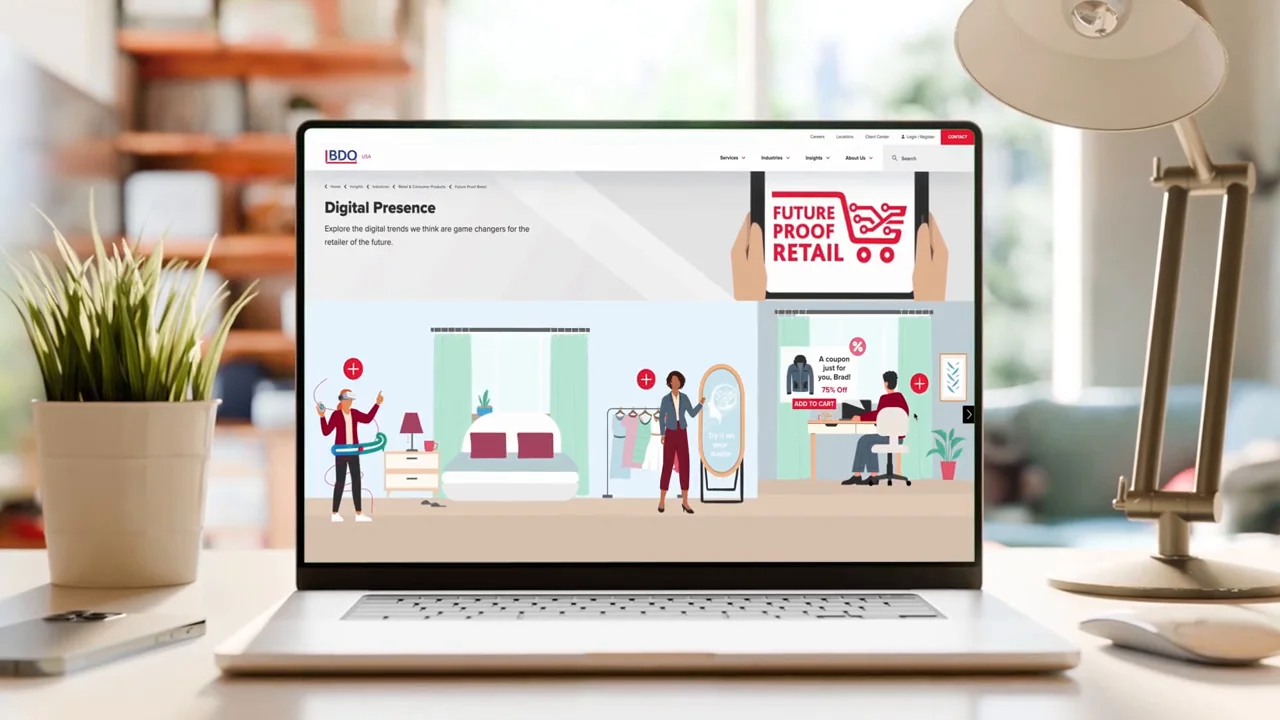In a world where consumers are more informed than ever, traditional marketing tactics are losing their edge. Audiences no longer respond to aggressive sales pitches or one-size-fits-all advertisements. Instead, they seek value, credibility, and trust. This is where educational marketing—a strategy that merges learning with brand engagement—comes into play.
Today, education is one of the most powerful tools a brand can use to attract, retain, and convert customers. By teaching rather than selling, businesses can position themselves as industry leaders, create loyal communities, and drive sustainable growth in an increasingly competitive digital marketplace.
1. What Is Educational Marketing?
Educational marketing is the practice of using informative, instructive, and value-driven content to attract potential customers. Rather than promoting a product directly, brands share insights, tutorials, and resources that help people solve real problems.
For example, a digital marketing agency might create a free online course on SEO basics, while a skincare company could publish a series of blog posts on understanding ingredients and skin types. These educational experiences build trust and authority, naturally guiding consumers toward the brand’s solutions.
This approach aligns perfectly with the modern buyer’s journey, where research and self-education often precede purchasing decisions. In short, educational marketing turns teaching into a powerful form of selling.
2. Why Education Works Better Than Traditional Advertising
The success of educational marketing lies in psychology. Modern consumers are skeptical of direct advertising but highly receptive to knowledge that empowers them. According to research by Edelman, 81% of consumers say trust is a key factor in their buying decisions, and trust is earned through expertise and transparency.
Educational content fulfills both needs—it demonstrates knowledge and provides genuine value. Instead of pushing a product, a company becomes a trusted advisor. When the customer is ready to buy, the brand they learned from is already top of mind.
Moreover, this approach supports the modern digital environment where information is currency. Whether it’s a YouTube tutorial, an email mini-course, or an interactive webinar, educational marketing aligns naturally with how people engage with online content today.

3. The Evolution of Marketing Through Learning
Over the past decade, the internet has blurred the lines between marketing and education. Platforms like YouTube, LinkedIn Learning, Coursera, and TikTok have become massive educational ecosystems. Brands have adapted accordingly.
-
Content Marketing 2.0: The early 2010s saw brands using blogs and e-books to attract leads. Now, the trend has evolved into more immersive learning formats like video series, podcasts, and online courses.
-
Microlearning: Short, easily digestible lessons—often under 5 minutes—are gaining traction. Brands use microlearning to educate audiences quickly and effectively while keeping engagement high.
-
Interactive Learning: Tools like quizzes, workshops, and virtual challenges transform passive audiences into active participants. For instance, HubSpot’s free certifications have become a model of successful educational marketing, boosting both brand awareness and customer loyalty.
Education is no longer a side project in marketing—it’s becoming the core of digital engagement.
4. The Key Benefits of Educational Marketing
a. Builds Trust and Authority
When a brand consistently educates its audience, it demonstrates genuine expertise. This credibility makes customers more likely to choose that brand over competitors who focus solely on selling.
b. Generates Qualified Leads
Educational content naturally attracts people who are interested in solving a problem that your product or service addresses. As a result, leads generated through learning-based marketing tend to be more qualified and conversion-ready.
c. Enhances Customer Retention
Education doesn’t stop after a sale. Ongoing training, webinars, or knowledge-sharing can deepen relationships, encourage repeat purchases, and build a loyal customer base.
d. Supports SEO and Online Visibility
Educational articles, tutorials, and videos tend to perform well in search engines because they align with how users phrase queries—asking questions and seeking solutions. This improves organic reach and long-term digital presence.
e. Strengthens Brand Community
When people learn from a brand, they feel connected to its mission. Educational programs can evolve into thriving communities where users support each other, further amplifying engagement and loyalty.
5. Effective Educational Marketing Strategies
To successfully implement educational marketing, brands must blend strategic planning with creativity. Here are several proven tactics:
1. Create Valuable Content Hubs
Develop an online knowledge center with blogs, guides, infographics, and videos that address common customer questions. For example, a financial brand could build an “Education Hub” explaining investment basics.
2. Host Webinars and Online Workshops
Live sessions allow real-time interaction between experts and audiences. They’re especially effective for B2B marketing, where complex topics benefit from direct engagement and Q&A.
3. Offer Free Courses or Certifications
Providing structured learning experiences—such as mini-courses or certifications—positions your brand as an educator. It’s also a smart lead generation tool; participants often share their certifications on LinkedIn, spreading brand awareness organically.
4. Leverage Email and Social Learning
Educational drip campaigns can deliver lessons over time, nurturing prospects gently. Meanwhile, social platforms are ideal for bite-sized educational posts, quick tips, and visual explainers.
5. Collaborate with Thought Leaders
Partnering with influencers or industry experts adds credibility and expands your audience reach. Co-hosted masterclasses or interviews can significantly amplify impact.
6. Use Storytelling for Education
People remember stories better than statistics. Combine storytelling with learning by showing real-world examples, case studies, or customer success stories that teach while inspiring action.
6. Education as a Competitive Advantage
In today’s oversaturated market, consumers are bombarded with choices. Brands that focus on educating rather than selling stand out immediately. They provide real value upfront, which builds goodwill and trust—two elements money can’t easily buy.
Consider companies like HubSpot, Canva, and Shopify. Their marketing success is rooted in education. HubSpot Academy offers free marketing and sales training; Canva teaches design skills through tutorials; Shopify provides e-commerce learning centers for entrepreneurs. These initiatives don’t just attract users—they turn them into brand advocates.
Educational marketing also aligns with the rise of self-learning culture. People want to improve their skills and make informed decisions. By contributing to that journey, brands can become integral to their audience’s personal and professional growth.
7. The Future of Educational Marketing
As artificial intelligence, automation, and personalization advance, educational marketing will become even more tailored and interactive. Imagine AI-powered learning assistants that deliver customized lessons based on user behavior or predictive content systems that recommend new tutorials just when a learner needs them.
Virtual and augmented reality will further expand opportunities, offering immersive learning experiences for product demonstrations or brand storytelling.
In the future, brands won’t just communicate—they’ll educate, guide, and empower.

8. Conclusion: Teaching Is the New Selling
Educational marketing represents more than just a trend—it’s the evolution of communication between brands and audiences. By turning information into empowerment, businesses create deeper emotional connections, establish long-term trust, and inspire action without resorting to hard-sell tactics.
In an age where authenticity and knowledge define credibility, the brands that teach best will win. Education doesn’t just sell products—it shapes perceptions, builds communities, and transforms businesses into trusted authorities.
In short, teaching is the new selling, and the future of marketing belongs to those who can educate with purpose.
